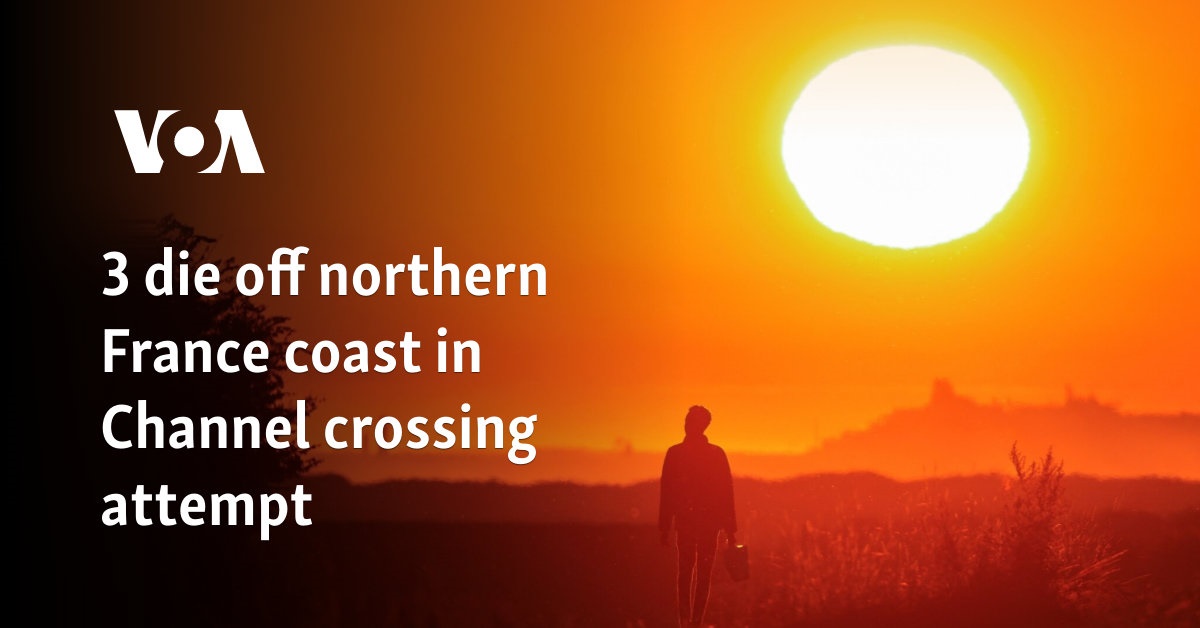
At least three migrants died early Sunday while attempting to cross the English Channel from northern France to Britain, officials said. The deaths were confirmed after an early-morning rescue operation with the help of French emergency services and the Navy’s “Dauphin” helicopter.
According to the regional prefecture, about 50 people were stranded in the water and on the beach near Sangate at around 6 a.m. Rescue workers assisted 45 individuals, including four who were transported to hospitals.
Three unconscious people were pulled from the water, but could not be saved despite the efforts of medical teams.
An investigation has been launched by prosecutors in Boulogne-sur-Mer.
Jacques Billant, the prefect of Pas-de-Calais, said overloading the boat may have contributed to the tragedy.
“There were more people trying to board the boat than it could hold,” he said during a news conference on Sunday.
Sunday’s tragedy comes as efforts to cross the Channel increase as 2024 approaches. Authorities have noticed a significant increase in crossing attempts in the past days.
“Since December 24, internal security forces have carried out 23 maritime incidents, saving more than 1,000 lives,” Bilant said. “But attempts to cross continue, despite extremely dangerous sea conditions. The water is icy, so survival time in the water is very short.”
This year has been one of the deadliest for migrants making the dangerous journey between France and England, one of the world’s busiest shipping lanes, with authorities reporting at least 76 deaths.
Bilant blamed human traffickers for putting people’s lives at risk.
“These are low-quality boats that have been launched into the water only for profit by these criminal networks who have no regard for the lives of these children, women and men,” he said.
In November, a French court convicted 18 people in a migrant-smuggling trial that shed light on the lucrative but often deadly secret business of transporting people across the English Channel.
Despite French and British efforts to stop it, the route remains a major smuggling corridor for people fleeing conflict or poverty. Migrants favor Britain for reasons of language, family ties or easy access to asylum and work.






Leave a Reply